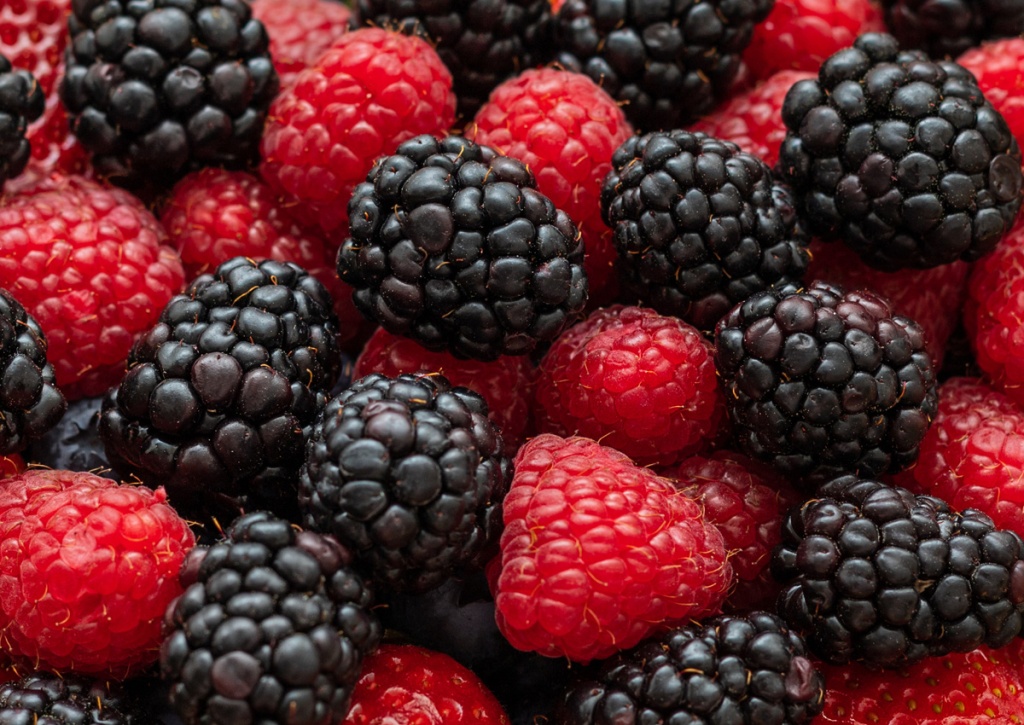
Nature Biotechnology devoted an editorial to the positive contribution CRISPR can make to the democratization of agricultural biotechnology. The hope is that, without the burden of overregulation, even public institutes and small biotech companies can bring useful products from the lab to the fields. Gene editing without the introduction of “trans” sequences from other species can be given the suffix “cis,” hence the title of the article, Cis-editing for all.
Among the lines of research mentioned is also apomixis. The Innovative Genomics Institute (IGI) founded by Jennifer Doudna is working to expand the technologies needed to achieve this potentially revolutionary goal: harnessing asexual reproduction in a growing number of species to enable farmers to reuse their seeds, without having to source annually from seed companies but maintaining at the same time the quality and yields of hybrids. Another step in this direction was announced recently in Nature Genetics by the Max Planck Institute for Plant Breeding Research in Cologne (Harnessing clonal gametes in hybrid crops to engineer polyploid genomes, Wang Y. et al).
Meanwhile, the first food products edited by U.S.-based Pairwise are ready to move into an expanded. The business strategy of the company founded by pioneers Feng Zahng and David Liu targets novelty-loving, quality- and health-conscious consumers. After an initial phase of limited sales in North America, the time seems ripe to launch on a wider scale salad mixes with a “wild but not too wild taste” and seedless blackberries to be savored in full juiciness. How long will it take for Europeans to judge by tasting, too?
